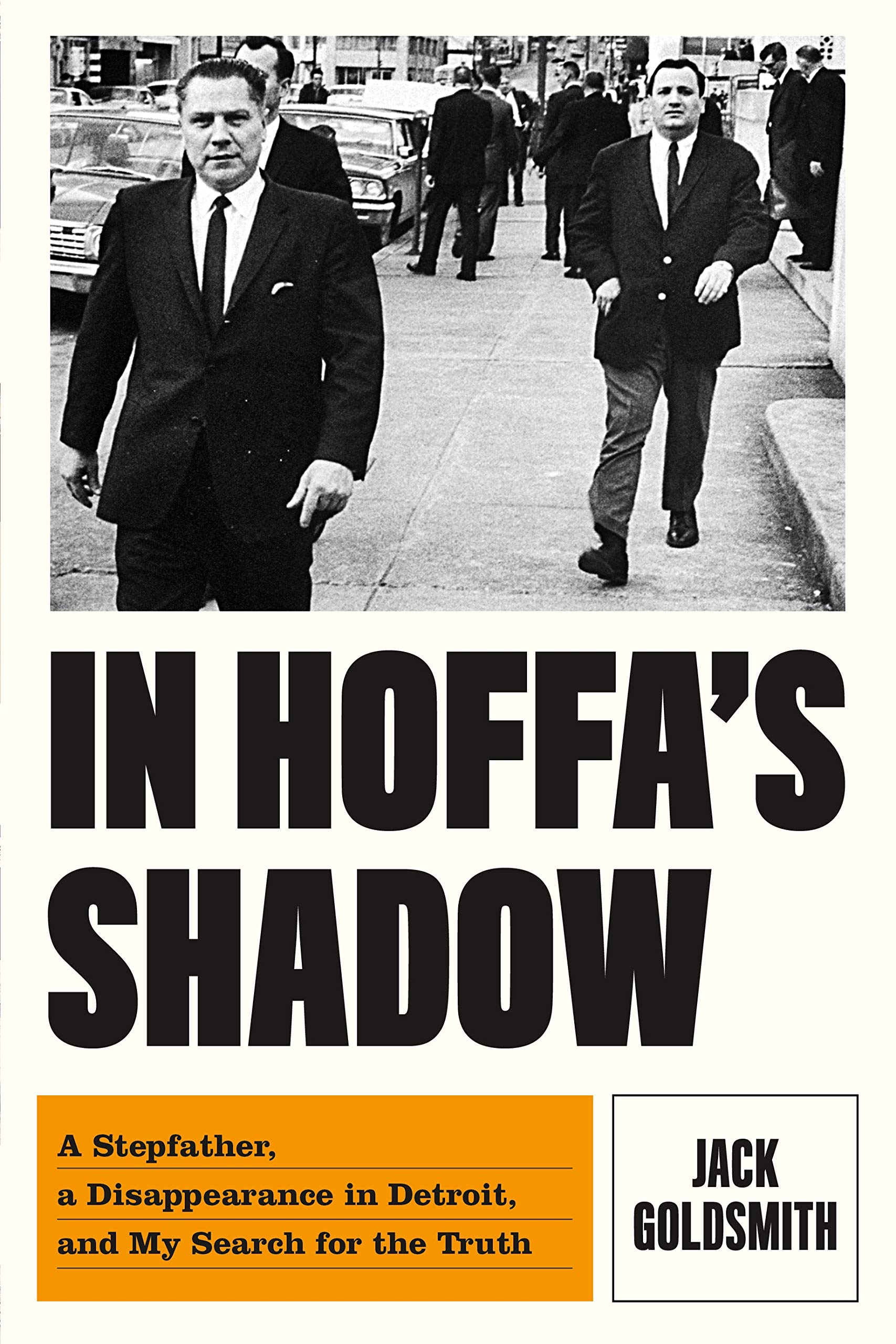What do you think?
Rate this book


376 pages, Kindle Edition
First published September 24, 2019
Hoffa might have used his organizing acumen and control over transportation networks to lead the American labor movement in a very different direction than the one it in fact traveled. But his neglect of society's rules and etiquette—especially his many criminal associations—would destroy him, with tragic consequences for all the labor. pg 72The author's tone was very even and neither emotional nor accusatory. With the evidence put out here we'll never know the truth about the disappearance of Jimmy Hoffa. This was a great book that tackled a lot of information but inna clear and coherent way. I would highly recommend this if you watched and enjoyed Hoffa (1992) and/or The Irishman (2019). Thanks!